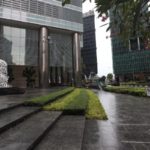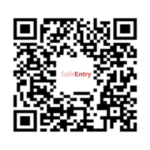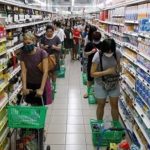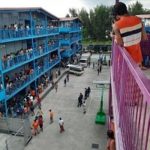Singapore Starts to Lockdown After Covid-19 Cases Arise Among Local
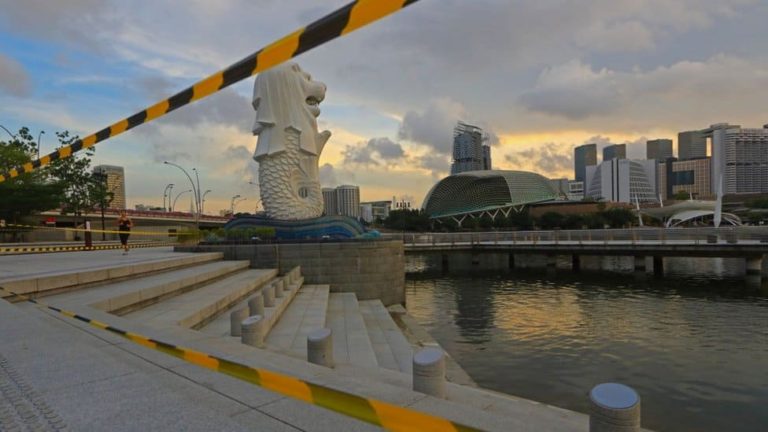
Singapore on Friday announced it will introduce its strictest curbs on public gatherings since last year’s lockdown starting this Sunday, as it faces a rise in the number of locally acquired Covid-19 cases infections.
The number of new covid-19 cases in the community has increased to 71 in the past week from 48 in the week before, the health ministry said Thursday, while the number of unlinked infections – the most concerning to officials as they signal undetected spread in the community – has risen to 15 in the past week from 7 in the week before.
While the numbers are far smaller than ongoing outbreaks in countries like the US that are charging ahead with opening up, the flareup is a major setback by Singapore standards, as the city-state is one of a handful of “Covid havens” that had previously nearly eliminated the pathogen domestically.
Among other initiatives, sizes of group gatherings were further reduced from five to two people, with dining-in at F&B establishments banned. Working from home is also to be the default at workplaces. The new measures will take effect from May 16 through June 13.
The new rules Singapore will have for the next month include:
•Fewer people allowed in shopping malls and showrooms
•A maximum of 100 people allowed at business meetings and live performances with pre-event testing, and up to 50 people without such testing
•Operating capacity at attractions cut to 25% from the current permissible capacity of 50%
•Wedding receptions will not be allowed
Hong Kong travel bubble
Officials in both cities have signalled that the highly anticipated bubble, first scheduled to start last November, will be delayed again in light of the outbreak in Singapore.
Transport Minister Ong Ye Kung said at a Friday briefing that it’s very likely that Singapore “may not meet the criteria” for the arrangements to go through; the government will make an announcement early next week on the bubble’s fate after reviewing local cases.
According to the terms of the agreement, the travel bubble will be closed for two weeks if the seven-day moving average of the daily number of unlinked local covid-19 cases is more than five in either city. It’s currently just above 2 in Singapore and near zero in Hong Kong.
Job support
Given the new ban on dining-in, the Singapore government will increase job support subsidies for food and beverage firms as well as waive rental for one month for hawker stall and coffee shop tenants.
It is also stepping up virus testing from May 15, and will start using rapid test kits for people with symptoms at health centres.
On Thursday, the number of new local cases rose to 24, the highest since July last year. Changi Airport is now the single biggest cluster of Covid cases, with 46 linked to the aerodrome, raising fears that travellers have spread the pathogen to airport staff despite strict post-arrival quarantine regulations.
The government closed the airport terminals and connecting Jewel shopping mall to the public for two weeks from May 13, though it remains open for air travel. It has also been testing workers in the facilities.


